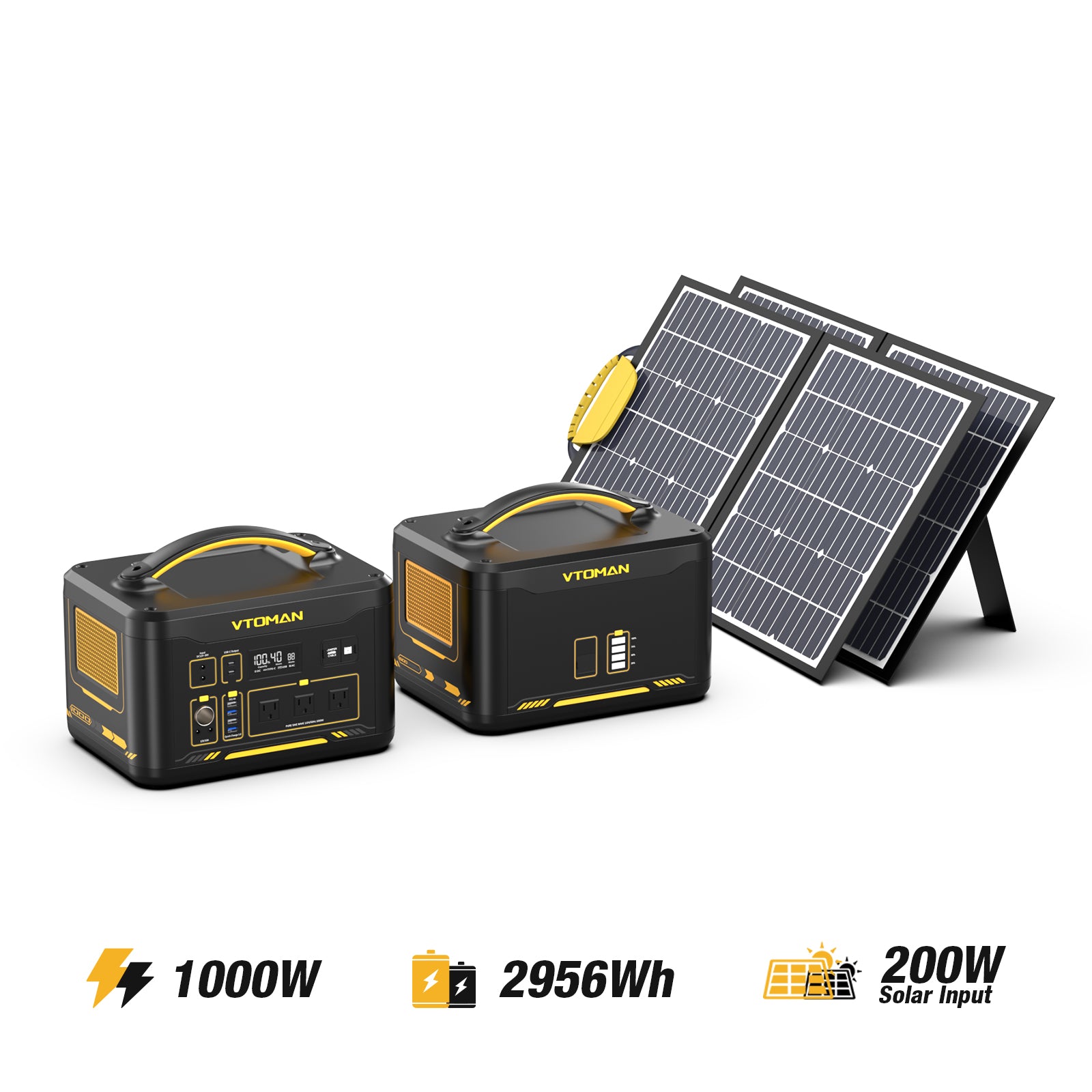When it comes to ensuring uninterrupted power supply for your industry, a backup generator is an essential investment. However, with so many options available in the market, choosing the right backup generator can be a daunting task. In this comprehensive guide, we will explore the key factors to consider when selecting a backup generator for your industry.
Understanding Your Power Requirements
Before diving into the world of backup generators, it is crucial to understand your industry's power requirements. Each industry has unique power demands, and it is essential to assess the total power consumption of your equipment and machinery. By determining your power requirements, you can choose a backup generator that can handle the load efficiently.
For example, a manufacturing industry with heavy machinery and equipment may require a high-capacity backup generator to ensure uninterrupted power supply during outages. On the other hand, a small office or retail store may only need a generator with a lower capacity to keep essential systems running.
Types of Backup Generators
Backup generators come in various types, each with its own advantages and limitations. Let's explore some of the common types:
Diesel Generators
Diesel generators are known for their reliability and durability. They are suitable for industries that require a continuous power supply for extended periods. Diesel generators are often preferred in sectors such as healthcare, data centers, and manufacturing, where power outages can have severe consequences.
One of the key advantages of diesel generators is their fuel efficiency. They consume less fuel compared to other types of generators, making them cost-effective in the long run. Additionally, diesel generators are known for their ability to handle heavy loads, making them ideal for industries with high power demands.
Natural Gas Generators
Natural gas generators are gaining popularity due to their cleaner emissions and lower operating costs. They are suitable for industries that have a natural gas supply readily available. Natural gas generators are often used in commercial buildings, hotels, and residential complexes.
These generators offer a reliable and continuous power supply while minimizing environmental impact. They are quieter and produce fewer emissions compared to diesel generators. However, it is important to consider the availability of natural gas in your area before opting for this type of generator.
Propane Generators
Propane generators are versatile and can be used in various industries. They are often preferred for their portability and ease of use. Propane generators are commonly used in construction sites, outdoor events, and remote locations where access to electricity is limited.
These generators are known for their clean-burning fuel and low emissions. They offer a reliable power source and can be easily transported to different locations. However, it is important to consider the availability of propane in your area and the storage requirements before choosing this type of generator.
Considerations for Generator Sizing
Choosing the right size of the backup generator is crucial to ensure optimal performance. Undersized generators may fail to handle the load, leading to power disruptions, while oversized generators can result in unnecessary expenses. Here are some factors to consider for generator sizing:
Starting and Running Power
When selecting a backup generator, it is important to consider both the starting power and running power requirements of your equipment. Some machinery or appliances may require a higher surge of power during startup, which should be accounted for when sizing the generator.
Load Management
Efficient load management is essential to prevent overloading the generator. By distributing the load across different circuits or prioritizing essential equipment, you can ensure that the generator operates within its capacity. This helps in optimizing fuel consumption and prolonging the lifespan of the generator.
Maintenance and Support
Regular maintenance is crucial to keep your backup generator in optimal condition. Before choosing a generator, consider the availability of maintenance services and spare parts. Look for manufacturers or suppliers who offer reliable support and have a network of service centers in your area.
Additionally, it is important to have a backup plan in case of generator failure. Consider investing in a maintenance contract or having a backup generator on standby to minimize downtime during repairs.
Conclusion
Choosing the right backup generator for your industry is a critical decision that requires careful consideration. By understanding your power requirements, exploring different types of generators, considering generator sizing factors, and ensuring proper maintenance and support, you can make an informed choice that meets your industry's needs.
Remember, a backup generator is an investment in the continuity of your operations, and choosing the right one will provide you with peace of mind during power outages.
